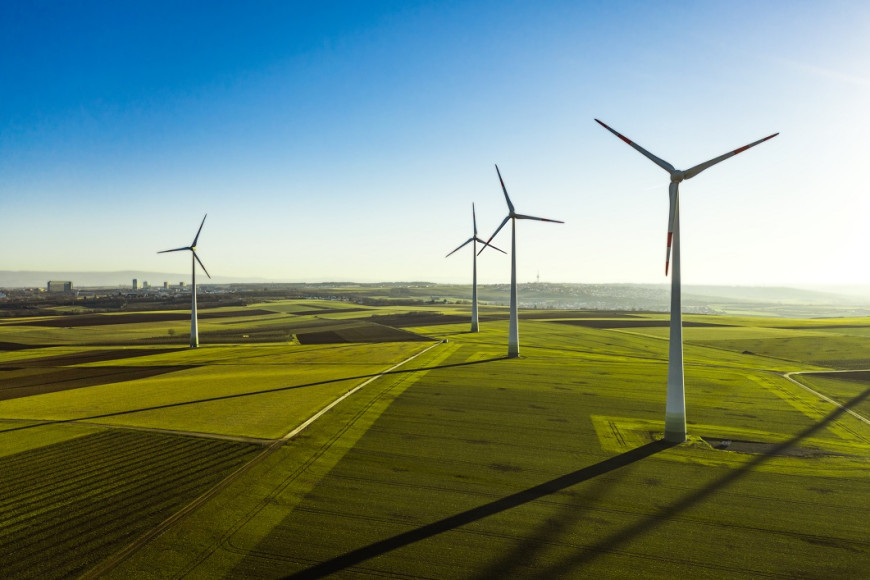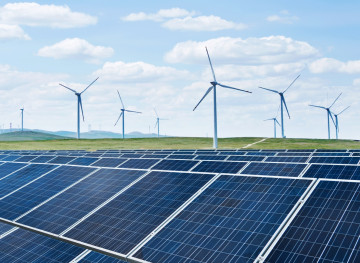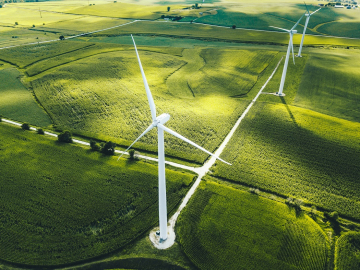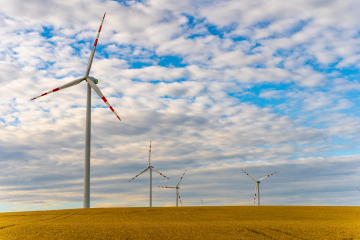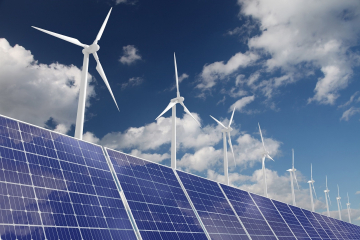Due Diligence is the investigation process, the purpose of which is to check a particular investment, company or organisation in detail in order to gain a full understanding of all aspects related to the project. Technical, environmental or financial Due Diligence, among others, can be distinguished. Such audits are a common practice in the process of buying or selling wind farms.
What is the technical and environmental due diligence of a wind farm?
Both audits are carried out in connection with the client's intention to acquire an interest in the SPV (Special Purpose Vehicle) project company. Due diligence audit reports help investors, owners, users of real estate as well as financial institutions to identify and analyse the risks involved in buying or selling an investment.
What is technical Due Diligence?
Technical Due Diligence consists of recognising the technical condition of the property and technical installations by analysing the available permits, construction and use documents, and then identifying physical defects and non-compliance of performance with the law. The technical audit investigates in particular:
- securing the rights to the property for construction purposes in the full scope of the investment, i.e. the installation of the RES source, intermediate transformer stations and the connection,
- determination of the suitability of the property for the planned use, completeness of obtained permissions and agreements, in particular: the conditions of development and land use, the conditions of connecting the investment to the power grid,
- concluded investment and service agreements (e.g. contract for the supply and erection of the wind turbines, agreements on trade services in the area of the wind farm environment, such as roads, assembly yards, turbine foundations, power leadout (the so-called "Balance Of Plant" part - BOP), agreements with subcontractors and guarantees for the future buyer of the SPV shares resulting from these agreements,
- the study of assumptions and analysis of the productivity of electricity from a given RES source,
- design documentation related in particular to decisions on granting the building permit and, subsequently, the occupancy permit,
- assessment of compliance of the design documentation with the specifications of the supplier of the generating equipment (e.g. wind turbines),
- performing a site inspection at the investment site,
- performing a risk analysis as a basis for future price negotiations together with providing a recommendation for the structure of the SPV acquisition transaction.
What is environmental Due Diligence?
Environmental Due Diligence is conducted to verify that the SPV company performs the construction process (realization of the intended investment) and subsequently conducts business activities (the operating period of the investment) in accordance with the applicable requirements for each area of activity related to environmental impact. During the environmental audit, it is verified that the acquired investment is not burdened in any way with environmental non-compliance. In the case of investments with specific environmental impacts (e.g. wind projects), the most frequent audits are:
- assessment of compliance with the environmental decisions' limitations, such as: maximum connection power, allowed noise emission levels, "flicker" effect, limitation of maximum dimensions within the RES source,
- assessment of the specifications of the generation equipment supplier (e.g. wind turbines) with regard to the restrictions of the discipline-specific rules,
- assessment of the future operation of the RES source with regard to the occurrence of noise sources, emissions to ground (transformer stations),
- conducting a site inspection at the investment site,
- performing a risk analysis describing in detail the reduction of the risk of consequences (e.g. financial penalties) for the SPV's non-compliance with the requirements of environmental law. In addition, assessment of compliance with legal and other requirements, as well as assessment of the SPV's situation with regard to the environmental impact of its activities, in terms of technical issues.
Contact us

